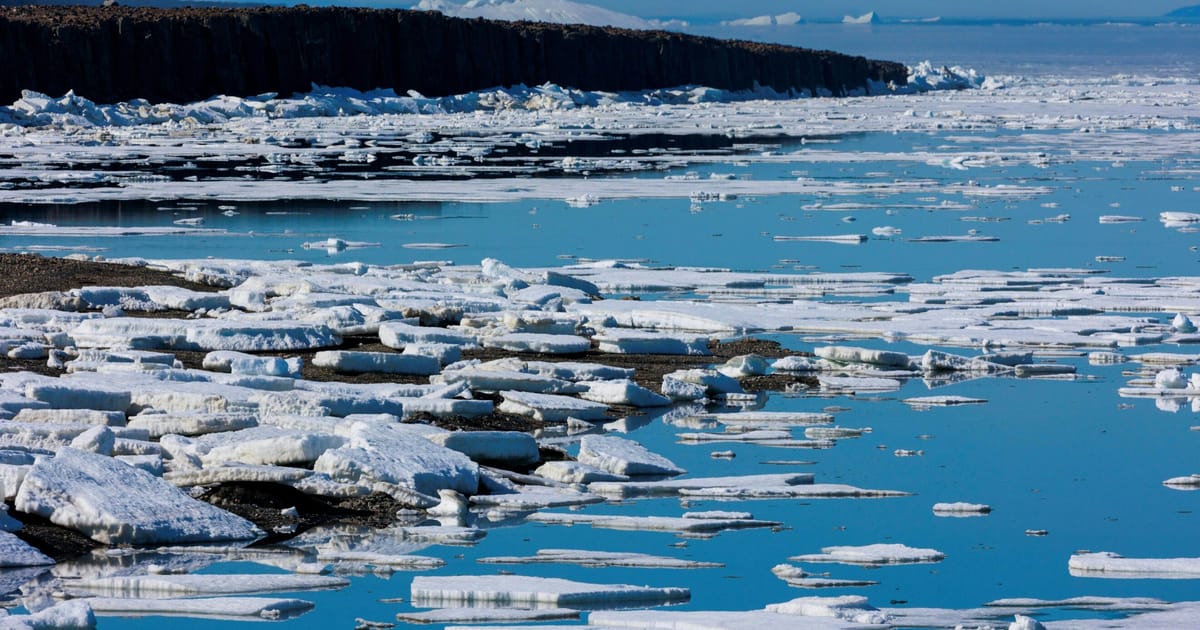A new 14,500-km subsea cable in the Arctic could reroute data traffic away from vulnerable choke points.
Thawing ice in the Arctic may open up new routes for internet cables that lie at the bottom of the ocean and carry most international data traffic. And more routes matter when underwater infrastructure is at risk of attack.
Baltic Sea gas and telecoms cables were damaged last year, with a Chinese vessel a potential suspect.
Red Sea data cables were cut last month after a Yemeni government warning of attacks by Iran-backed Houthi rebels. Over 90 percent of all Europe-Asia traffic flows through the Red Sea route.
…
“In order to meet the increasing demand, there’s an increasing pressure to find diversity” of routes, he said.
The Far North Fiber project is seeking to offer just that. The 14,500 kilometer long cable will directly link Europe to Japan, via the Northwest Passage in the Arctic, with landing sites in Japan, the United States (Alaska), Canada, Norway, Finland and Ireland.



Who needs the environment when we can get dank memes via the Arctic ice sheets
Someone do this, but make the dog a melting iceberg/ice cube